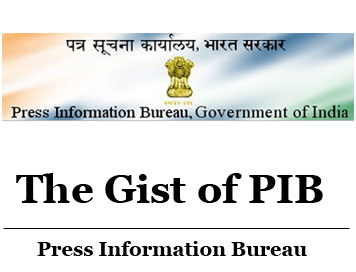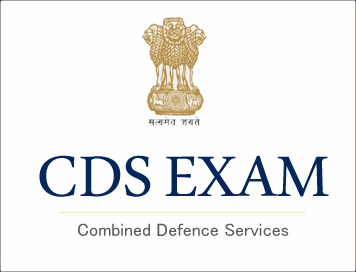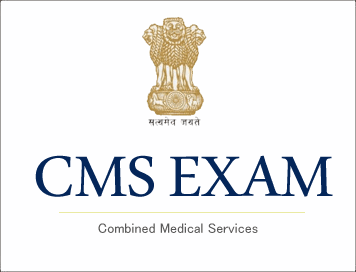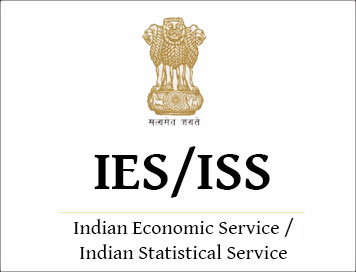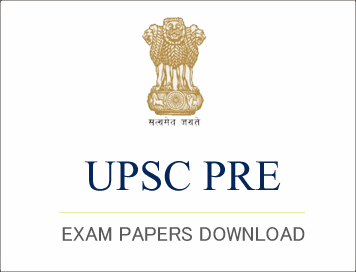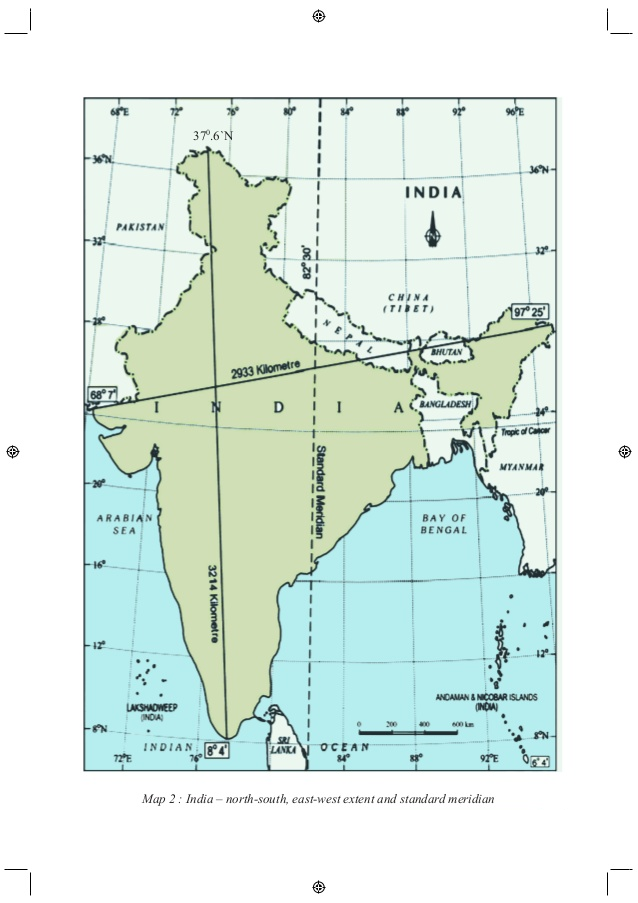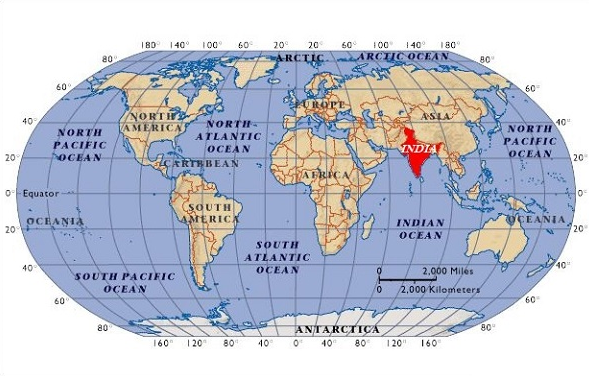
(Getting Started) A Time-tested 2-year Strategy For Cracking UPSC Exams

UPSC Civil Services Examination remains the entry gate to one of the most prestigious lines of services in the country. Every year lakhs of students appear for it and many more start dreaming of cracking this exam. Many myths are surrounding this examination but the only truth any aspirant needs to keep in mind is this – with hard work, a few smart choices, and the right strategy, anyone can crack this exam.
Ideally, for an average aspirant, 18-24 months is the ideal time frame needed to prepare for this examination seriously and find a good rank. Keeping this in mind, here is a full-proof strategy that if followed with the right determination and dedication, you should be able to find your name in the final list.
Week 1
Learn The UPSC Syllabus By Heart
Take a print out of the UPSC detailed syllabus. Start mugging up the topics as your life depends on it. It is a bit lengthy and difficult to grasp. Take a week at the very beginning of your preparation and just memorize it word for word. Always keep a copy of the syllabus handy throughout your journey.
Weeks 2 and 3
Understanding Sources, Pattern, and Strategy
Look up topper interviews. Take advice, frame your preparation strategy. Formulate a book list. Download the last 10 years of prelims and mains papers. Familiarize yourself with the kind of questions asked, connect it to the syllabus topics, and just, in general, understand the pattern.
Week 4
Shortlist Your Optional
By now, you are well versed in the world of UPSC. It is time to take another very important step which is choosing your optional. You have heard toppers talk about their experiences, you have read up on the subjects and topics covered in those subjects. Now depending on your interest and expertise, choose the option you want to pursue. Make a source list as well.
Months 2-5
NCERTs First Read
NCERTs are the government approved text sources and thus integral to any government exam you take. The usual recommendation is to study all NCERT Books for subjects included in the UPSC syllabus from classes 6 to 12. However, depending on your expertise on the matter, you may choose to only study higher class NCERTs. But if you are indeed taking the long 2-year route into your attempt, you have the time for it; we recommend giving it all a read.
Months 6-10
Text Books First Read, Answer Writing Practice

You have your finalized booklist. You are done with the basics through NCERTs. Now it is time to study the detailed subjects through subject books. Read them slowly and thoroughly. Commit them to memory. This is also the right time to pick up answer writing. Spend 2 hours each day writing at least 2 to 3 general studies answers. Try to write at least one Ethics answer and one Essay topic each week.
Months 11-16
Optional Preparation, General Studies Second Read and Notes making
This is the right time to start on your optional. Optional requires mastery over the subject and thus a very thorough preparation. Spread out the topics and ensure you do due research. Meanwhile, revise your NCERTs and main textbooks and make notes. Study Notes should be short and crisp i.e. a page of information from a textbook should not be jotted down into more than 2-3 sentences and a chapter should not take more than one page at best.
Months 17-20
General Studies Mains Test Series, Optional Second Read, and Notes Making
This is the right time to take up a mains test series. You can revise your notes and take the tests while also reading through your optional material again and making notes from the same. Use your test analysis to better your writing and preparation. Try to solve previous years’ questions for your option if you get time.
Months 21-24
Exclusive UPSC Prelims Preparation
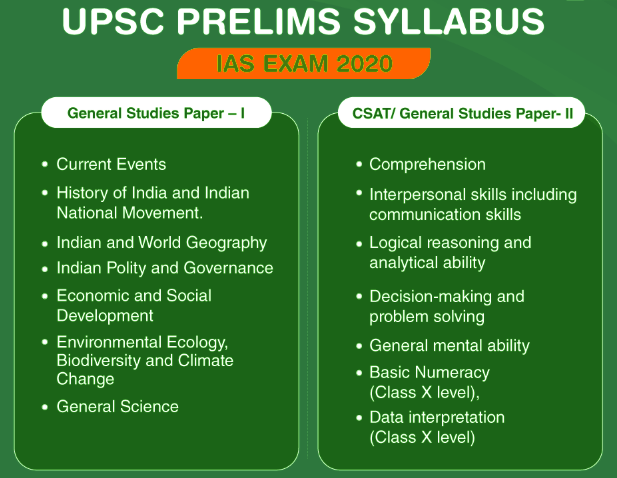
Now is the time to sort your notes for material exclusively important for prelims. Take at least 30 mock tests at this time to maximize your chances of crossing prelims. The last 4 months before prelims should exclusively be for your prelims preparation. Once you appear for it and are assured selection, you can go back to your mains related preparation.
Pro Tip: Make Newspaper Reading A Morning Routine
Current affairs have found great value in UPSC prelims and mains over the past years. Make reading newspapers a daily habit and make notes daily.
Use monthly compilations from online sources for revision. Hopefully, with such a detailed approach, you will soon find yourself in the company of your future colleagues in Mussoorie.
CLICK HERE TO DOWNLOAD UPSC TOPPERS NOTES

